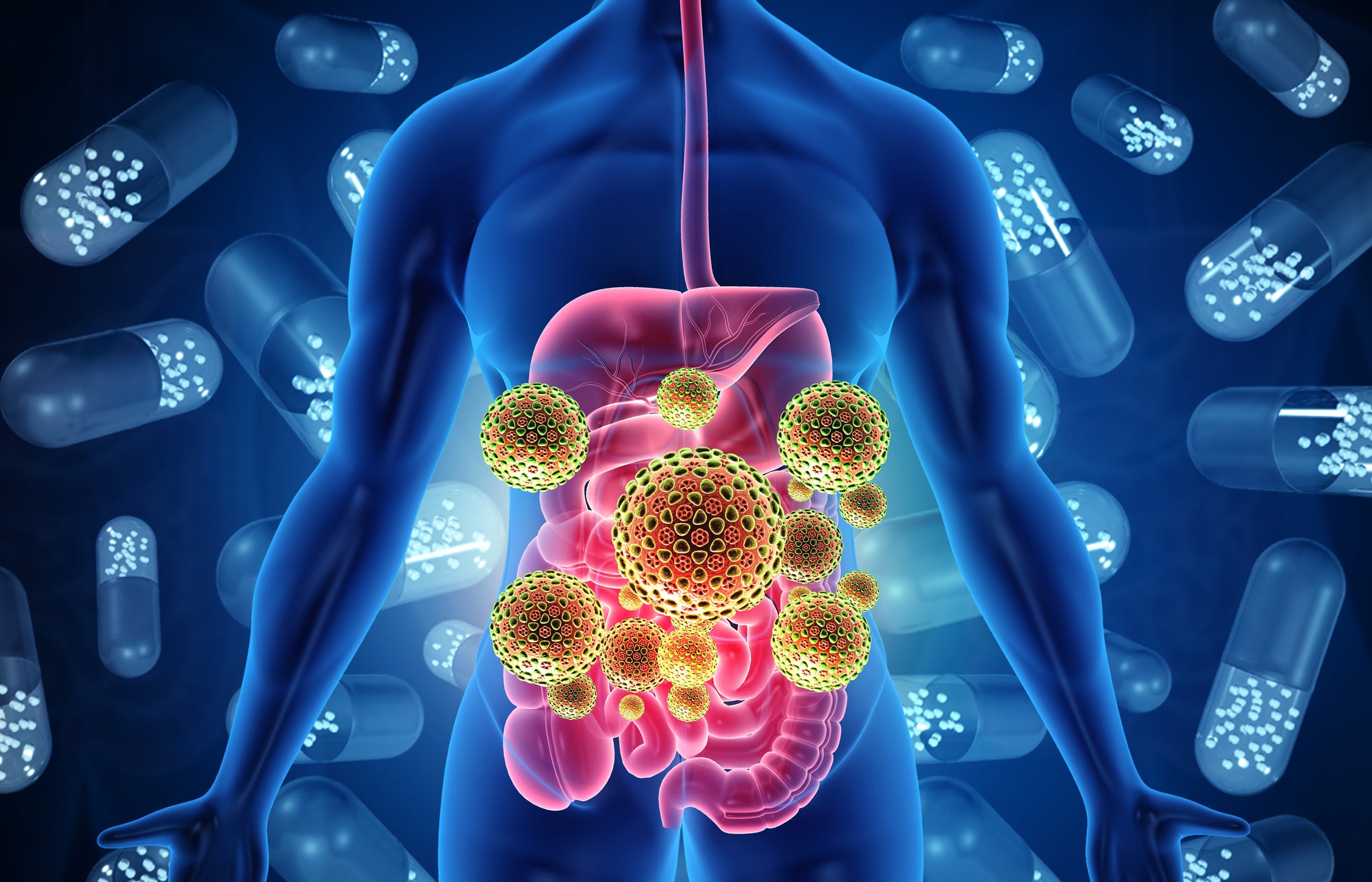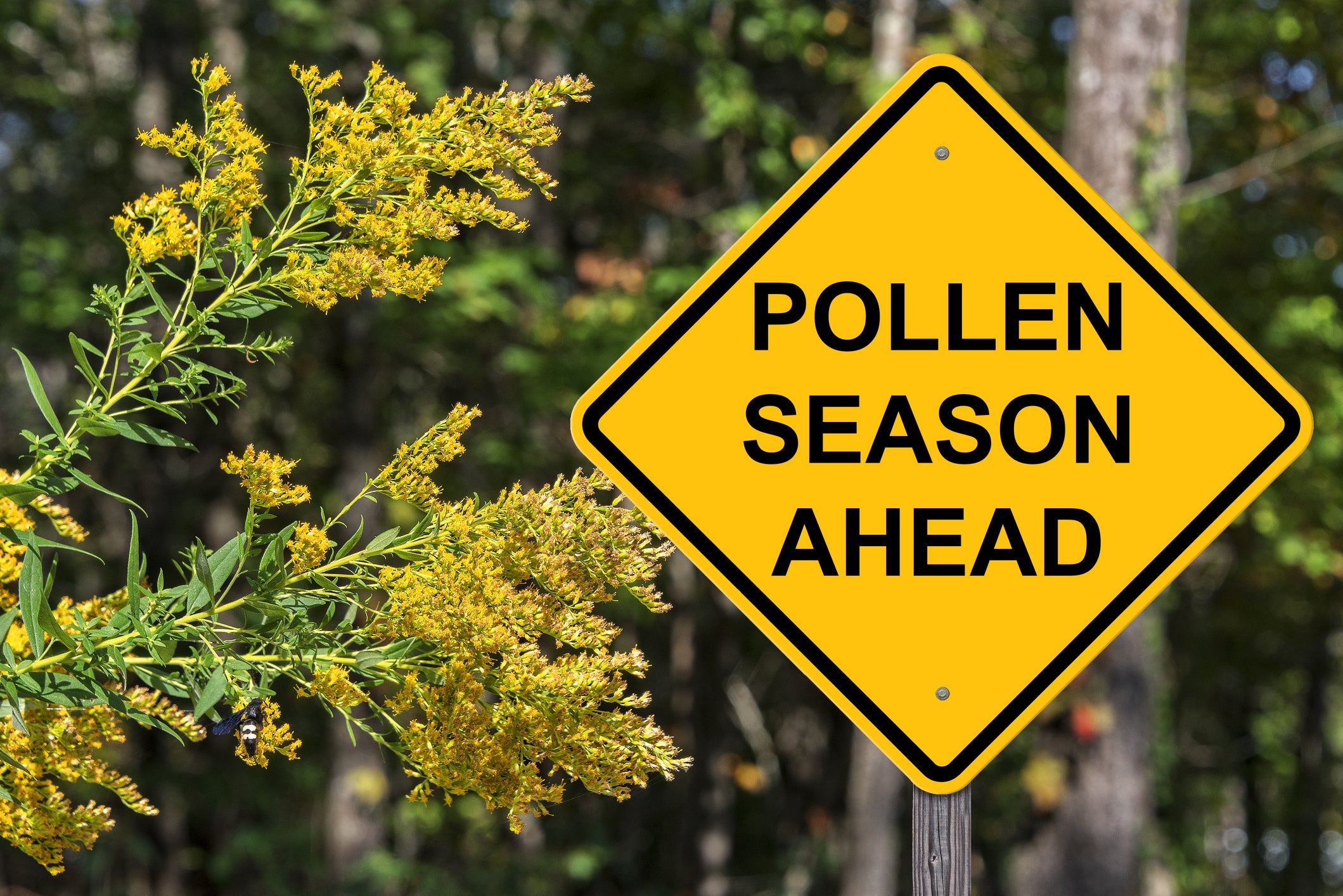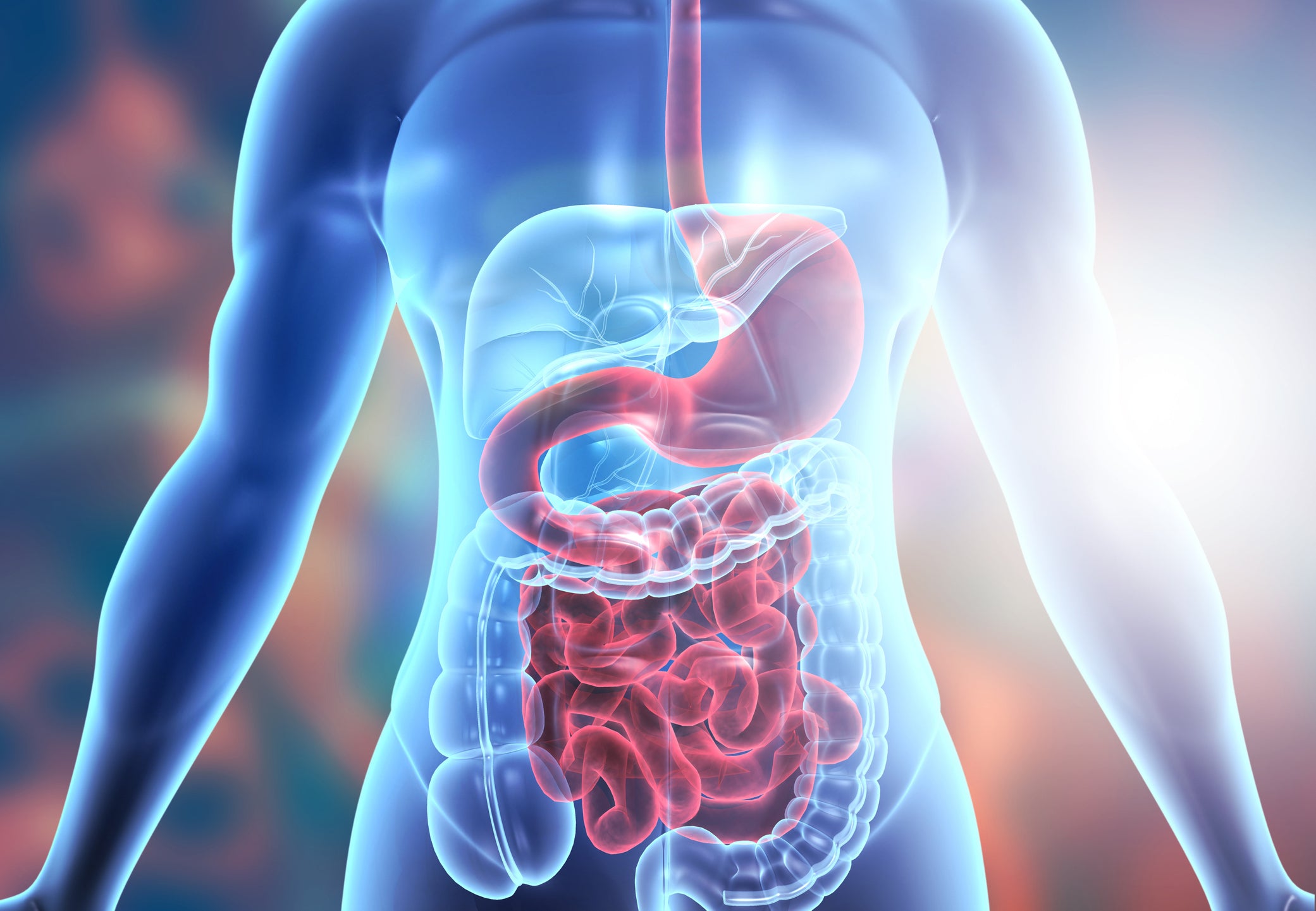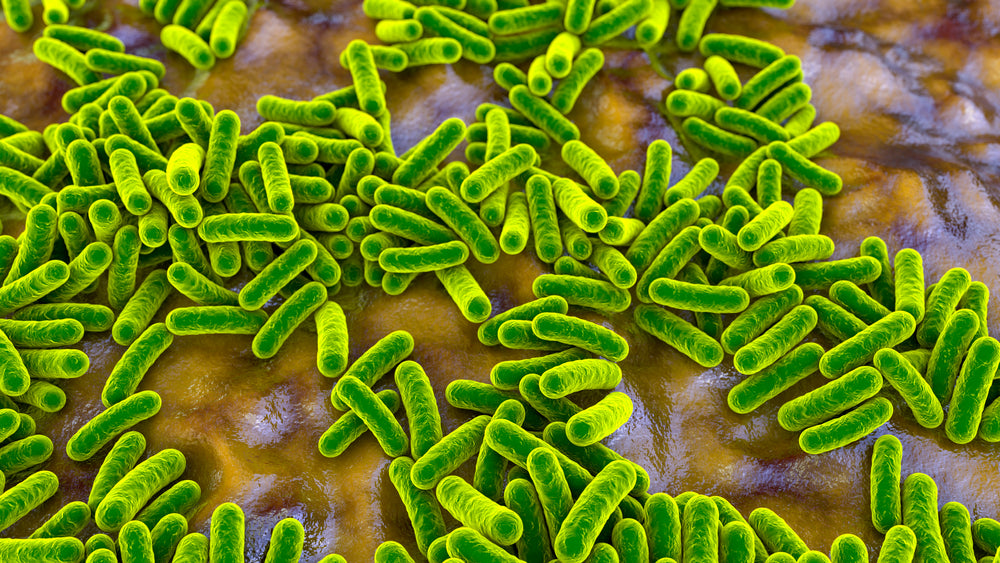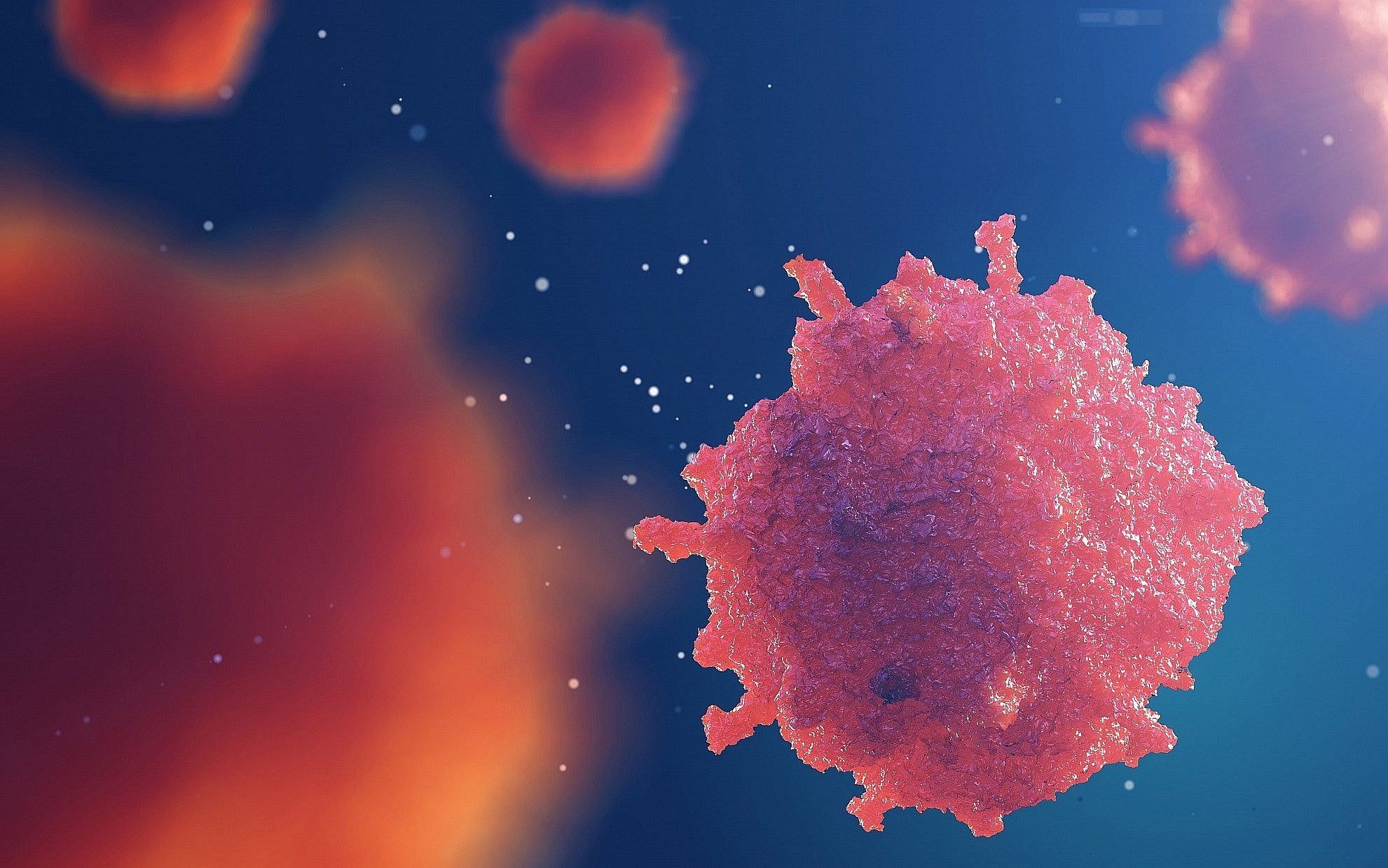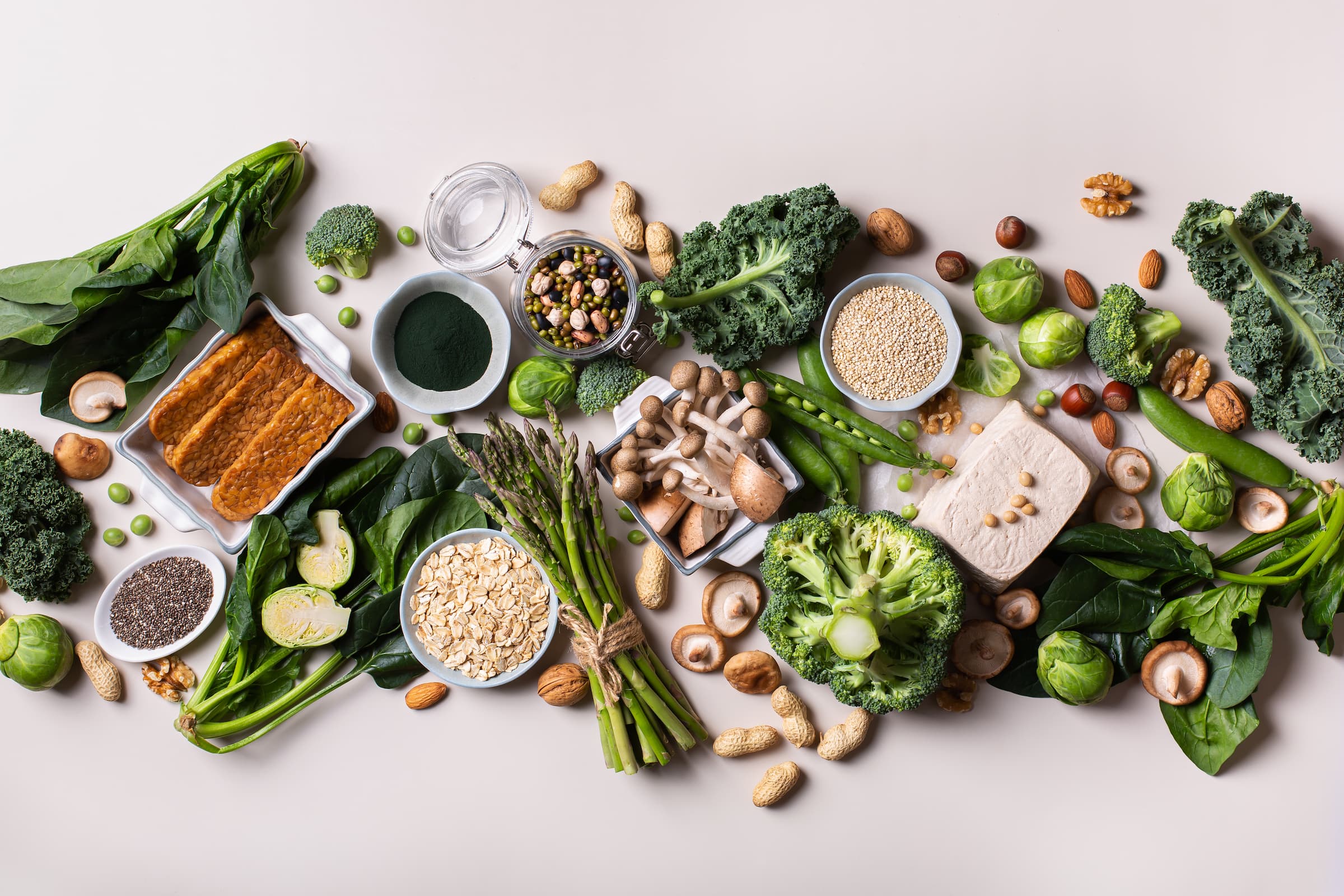By Molly Pelletier, Gut Health Nutritionist, MS Dietetics Candidate (@zucchini.who on Instagram)
The gut, also known as our microbiome, is an expansive area of health with compelling research to suggest its direct impact on our mood, brain, and immune system. Studies have shown that the health of our gut directly influences our risk for major chronic diseases including inflammatory bowel disease, obesity, type 2 diabetes, cardiovascular disease, and even certain types of cancer.1
Our gut microbes which make up our microbiome are directly impacted by the food we eat or do not eat. Prebiotic fibers found in foods such as fruits, vegetables, and legumes, feed our microbes and allow them to flourish. Incorporating a wide variety of plant fibers feeds a variety of gut microbes which enhances the diversity, and the health, of our gut. In addition to diet composition, our microbiome is also shaped by our lifestyle habits including sleep, stress levels, alcohol consumption, and antibiotic use.2
You may be wondering, “how do I know if my gut is unhealthy?” Below are a few common signs of gut dysbiosis, or imbalance, that may be evident in individuals with a compromised gut microbiome.
Table of Contents
- BLOATING
- NAUSEA OR UPSET STOMACH
- CONSTIPATION
- ANXIETY OR MOOD DYSREGULATION
- CONSISTENTLY LOW ENERGY LEVELS
- SKIN ISSUES & INFLAMMATION
- CRAVINGS
- AUTOIMMUNE DISORDERS
- WHAT CAUSES GUT IMBALANCE OR DYSFUNCTION?
- HOW DO WE SUPPORT OUR GUT HEALTH?
Here are the Most Common Signs of Gut Imbalance:
Bloating
Bloating is a very common digestive symptom, often experienced by those with Irritable Bowel Syndrome. When we eat fibers, our gut microbes ferment them and produce gas as a byproduct of fermentation. Some bacteria produce more gas than others.3 If you have an overgrowth of gas-producing bacterial strains, you may experience more flatulence than normal. Overgrowth is one form of gut imbalance where one strain of bacteria outnumbers other strains, decreasing the diversity of the microbiome.
However, no need to panic: bloating after a large meal or a high-fiber meal is considered totally normal. When bloating is painful and occurring several times per week, that may be an indication of gut imbalance or digestive dysfunction. If you are experiencing severe bloating or distention, seeking help from a Gastroenterologist can help you rule out any serious gut implications and possibly define the root cause of your symptoms.
Nausea or upset stomach
Similar to bloating, the occasional nausea or stomach discomfort is relatively normal. However, if these symptoms are an everyday occurrence, it may be time to seek help from a GI doctor. Nausea can be caused by a multitude of factors including constipation, slow gastric motility, acid reflux, and gut dysfunction.4 Occasional nausea and upset stomach may be aided by ginger root, which is a prokinetic herb known for its ability to alleviate nausea.5 Try a soothing ginger tea and a few deep, full breaths next time you feel nauseous or overwhelmed.
Constipation
Constipation is a prevalent digestive issue, with roughly 20% of the population experiencing symptoms.6 Constipation is tied to many contributing factors, such as diet, stress, and gut motility. However, there is also research suggesting that constipation experienced by individuals with Irritable Bowel Syndrome may be tied to gut imbalance.7 Further, some studies have shown the efficacy of probiotics for improving constipation.8 Increasing soluble fiber sources such as oats and beans, in addition to adequate water consumption, can help further alleviate constipation as well as support a healthy gut microbiome.
Anxiety or Mood Dysregulation
Your microbiome directly influences your mental and emotional health through the “gut-brain axis”. Although this theory is relatively new in western medicine, there is emerging research suggesting certain hormones originating in the gut, that can heavily impact mood regulation and cognition.9 If these essential hormones are thrown off balance, anxiety and other mood disruptions may be experienced. Certain probiotic strains may also support a balanced mood and improve depressive symptoms. Probiotics such as Bacillus Coagulans, the strain found in Digestive Support Protein by Nuzest, show robust results in relieving symptoms of individuals struggling with Irritable Bowel syndrome and depression.10
Consistently low energy levels
If you feel consistently low energy despite making the appropriate lifestyle changes (adequate sleep, balanced diet, stress management), you may be experiencing chronic fatigue. Research has shown that chronic fatigue can be associated with an imbalance of gut bacteria.11 There has been recent research suggesting that specific bacterial strains may be contributing to chronic fatigue symptoms.12 As with all other health issues, it’s important to obtain an official diagnosis from your Healthcare Practitioner before considering treatment options for chronic fatigue.
Skin Issues & Inflammation
Many components, including genetics and allergies, contribute to eczema and other inflammatory skin conditions. In addition to these factors, poor nutrition and gut imbalance can directly impact the appearance and health of your skin. Similar to the gut-brain axis, the skin is also modulated through the gut-skin axis. Conditions such as psoriasis, dermatitis, and acne may be caused by an imbalance in gut microbiota. Your gut microbiome plays an important role in regulating inflammatory responses that help keep your skin clear and healthy.13
Cravings
Did you know that our gut bacteria can manipulate our cravings, food choices, and taste receptors? Like previously mentioned, different types of bacteria feed on different food compounds. The microbes in our gut are under selective pressure to manipulate the host, aka humans, in eating the food they need to flourish and populate. Research reports that our gut bacteria can release compounds that produce cravings for foods that they specialize in, or for foods that will suppress their competing bacterial strains. If you have intense sugar cravings, this may suggest an overgrowth of certain bacterial strains such as yeast.14
Autoimmune Disorders
We know that the health of our gut microbiome directly impacts our immune system. When our gut becomes unbalanced, immune dysfunction and disorder can occur.15 Autoimmune disorders encompass a wide variety of diseases that are characterized by improper immune system regulation. The incidence of autoimmune diseases including rheumatoid arthritis, type 1 diabetes, multiple sclerosis, and autoimmune liver disease has been connected to an unhealthy gut microbiome.16 Further research suggests that the overgrowth and spread of certain bacterial strains can lead to autoimmune disease and symptoms.17 Overgrowth is one form of gut imbalance where one strain of bacteria outnumbers other strains, decreasing the diversity of the microbiome.
hat Causes Gut Imbalance or Dysfunction?
Our gut microbiome can be directly affected by our diet composition and lifestyle habits. A balanced diet rich in plant-fibers and phytochemicals supports a healthy gut, as opposed to a diet focused on heavily-processed foods. Undesirable diet habits can change your gut microbiome in even a small amount of time.18 However, on the flip side, a nutrient-rich diet may contribute to gut health, nutritional status, and overall health.
Other vital factors that must be considered for optimal gut health include adequate sleep, stress management, exercise, and moderate alcohol consumption.19 If these factors are ignored, our gut health may be compromised. Medications. such as antibiotics, can directly impact the populations of bacteria in our gut. Antibiotics are medically necessary in many cases. However, the overuse of oral antibiotics can lead to devastating microbiome impacts and consequential gut imbalance.20
How do we support our gut health?
In addition to the nutrition and lifestyle factors previously mentioned, I recommend checking out our 10-Day Gut Health Reset for accessible tips on how to support a healthy gut microbiome.
RESOURCES
- https://pubmed.ncbi.nlm.nih.gov/28388917/
- https://pubmed.ncbi.nlm.nih.gov/30535609/
- https://pubmed.ncbi.nlm.nih.gov/30357216/
- https://pubmed.ncbi.nlm.nih.gov/28176047/
- https://pubmed.ncbi.nlm.nih.gov/25912592/
- https://www.ncbi.nlm.nih.gov/pmc/articles/PMC4459612/#:~:text=Constipation%20is%20a%20common%20functional,more%20often%20from%20severe%20constipation
- https://www.ncbi.nlm.nih.gov/pmc/articles/PMC6379309/
- https://pubmed.ncbi.nlm.nih.gov/29876777/
- https://pubmed.ncbi.nlm.nih.gov/28767318/
- https://pubmed.ncbi.nlm.nih.gov/29997457/
- https://microbiomejournal.biomedcentral.com/articles/10.1186/s40168-017-0261-y
- https://pubmed.ncbi.nlm.nih.gov/29409505/
- https://www.ncbi.nlm.nih.gov/pmc/articles/PMC6048199/
- https://www.ncbi.nlm.nih.gov/pmc/articles/PMC4270213/
- https://www.hindawi.com/journals/jir/2019/7546047/
- https://www.nature.com/articles/cmi20187
- https://science.sciencemag.org/content/359/6380/1156
- https://www.ncbi.nlm.nih.gov/pmc/articles/PMC6699480/
- https://pubmed.ncbi.nlm.nih.gov/26449893/
- https://pubmed.ncbi.nlm.nih.gov/31791704/












